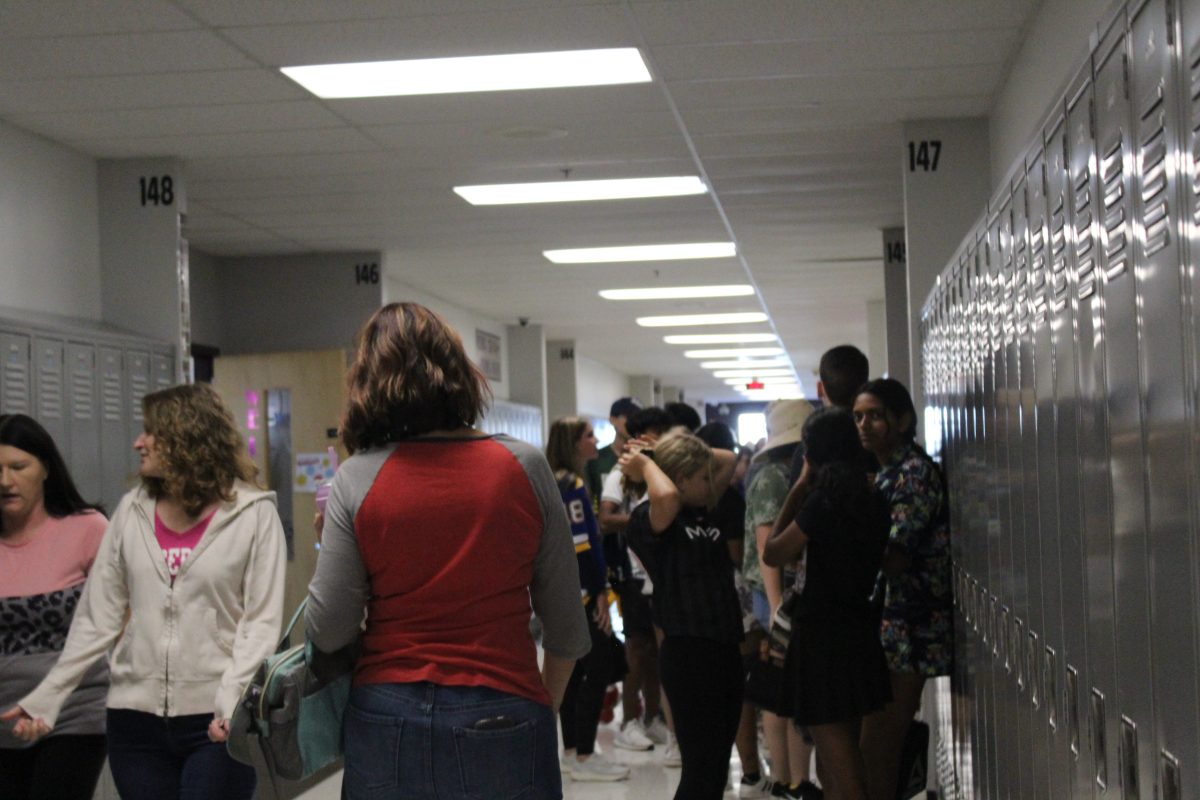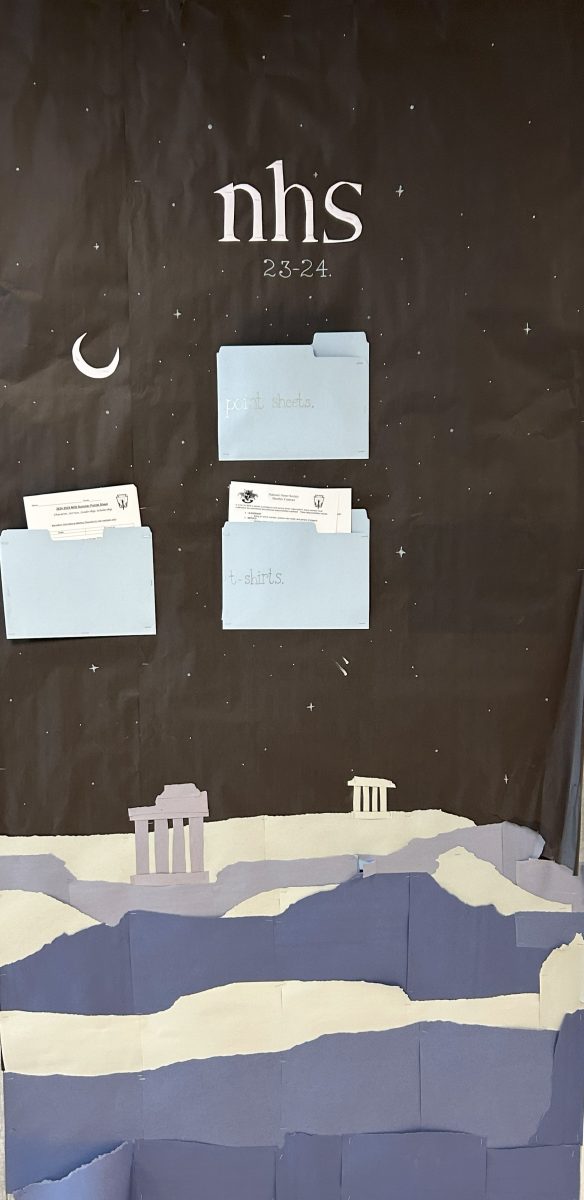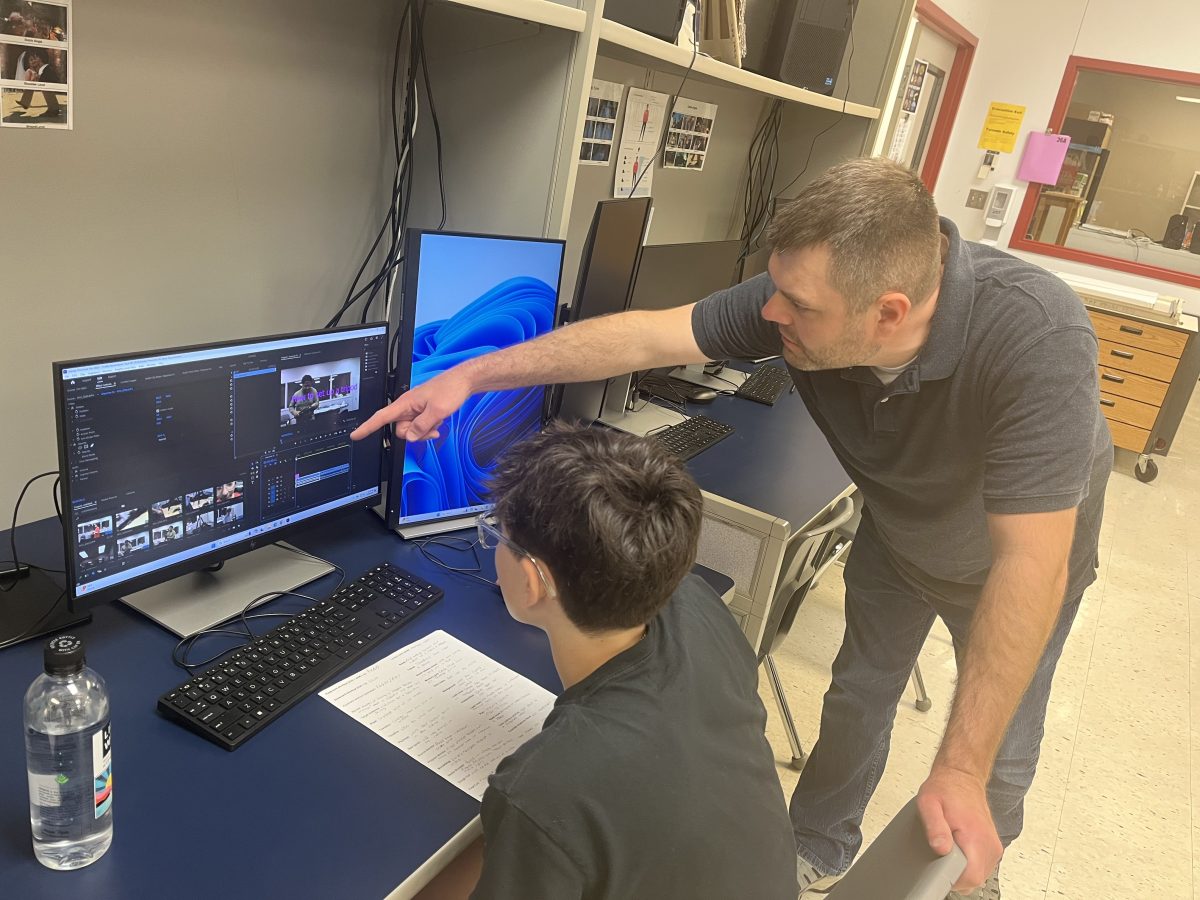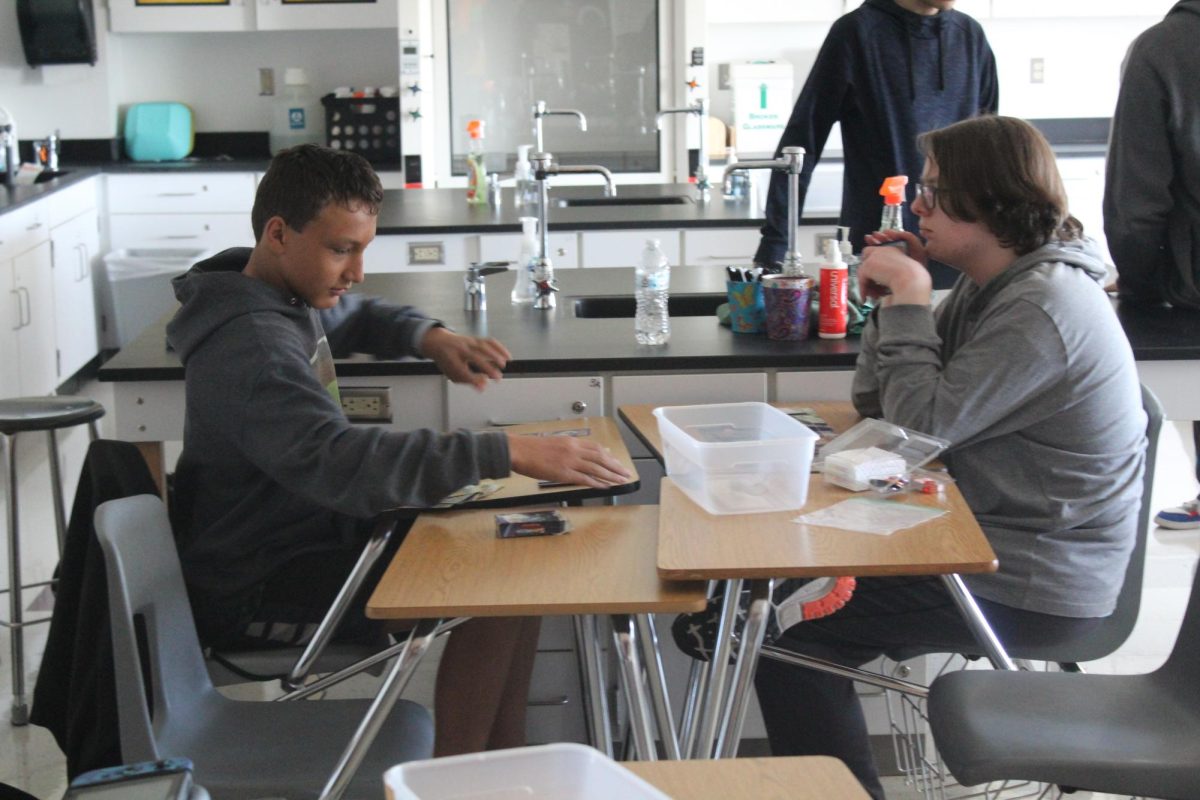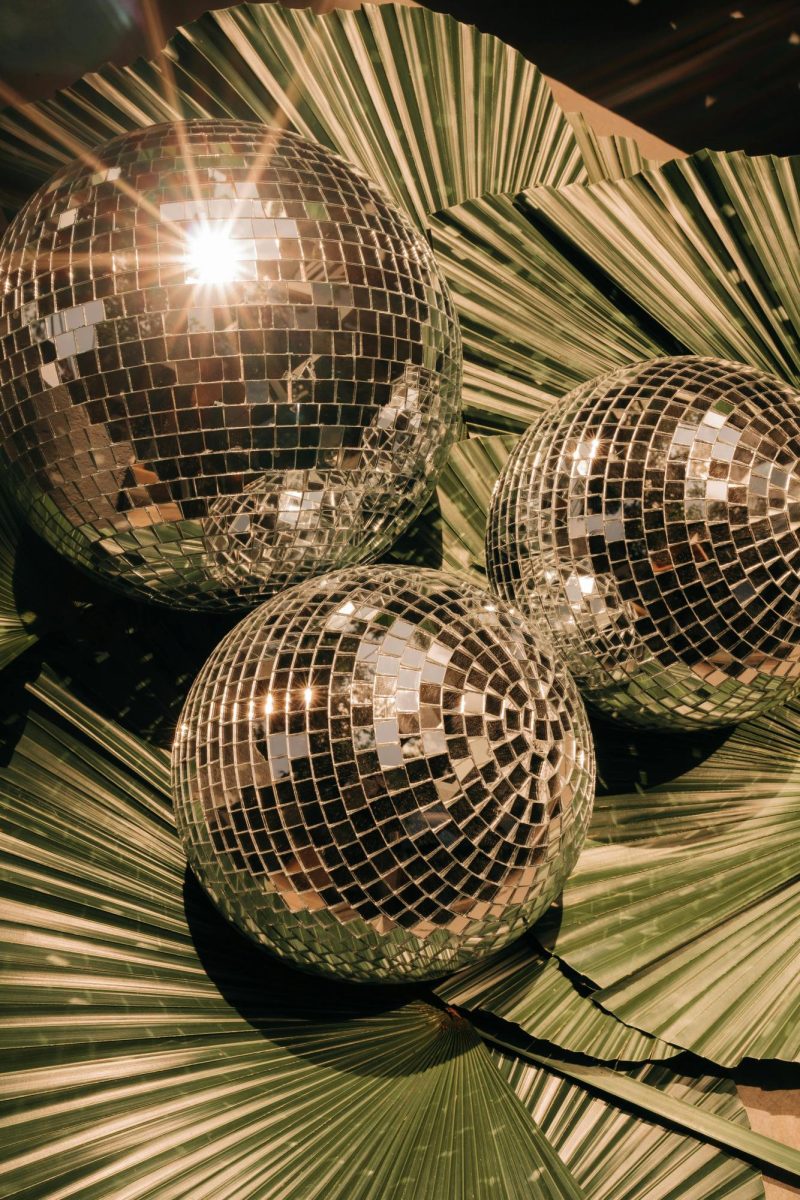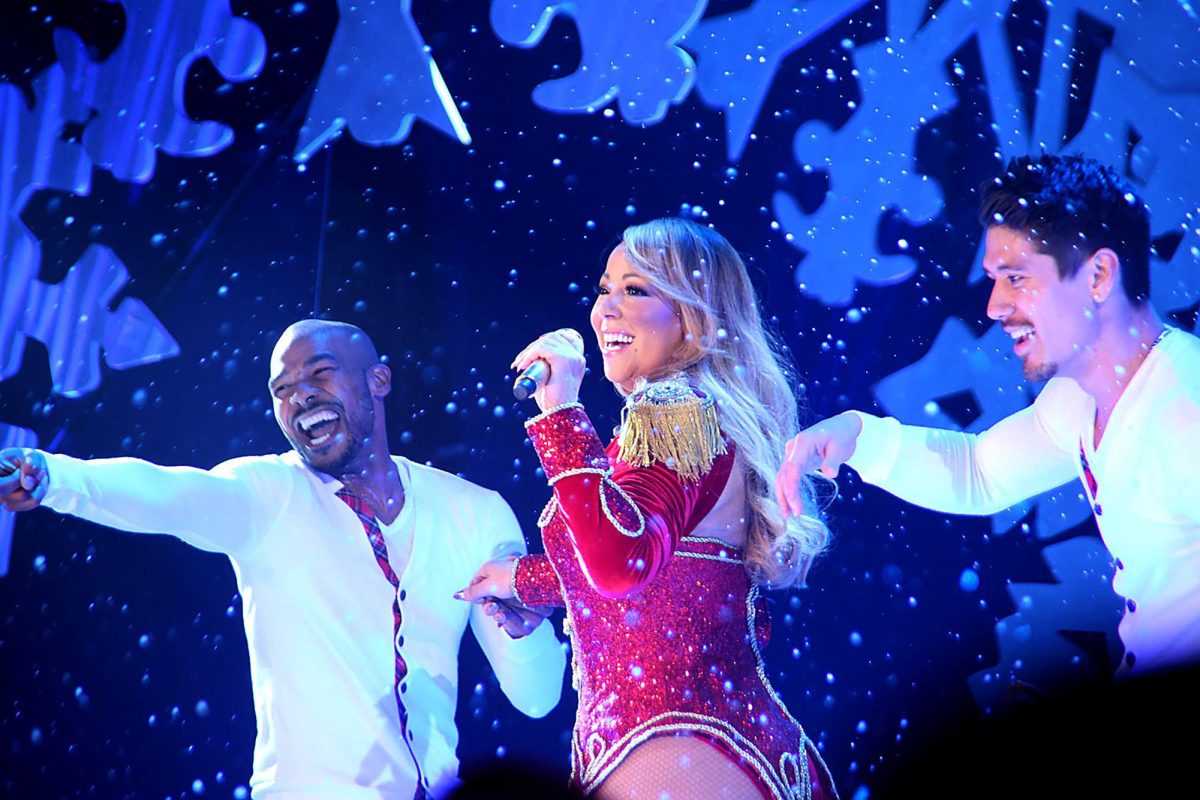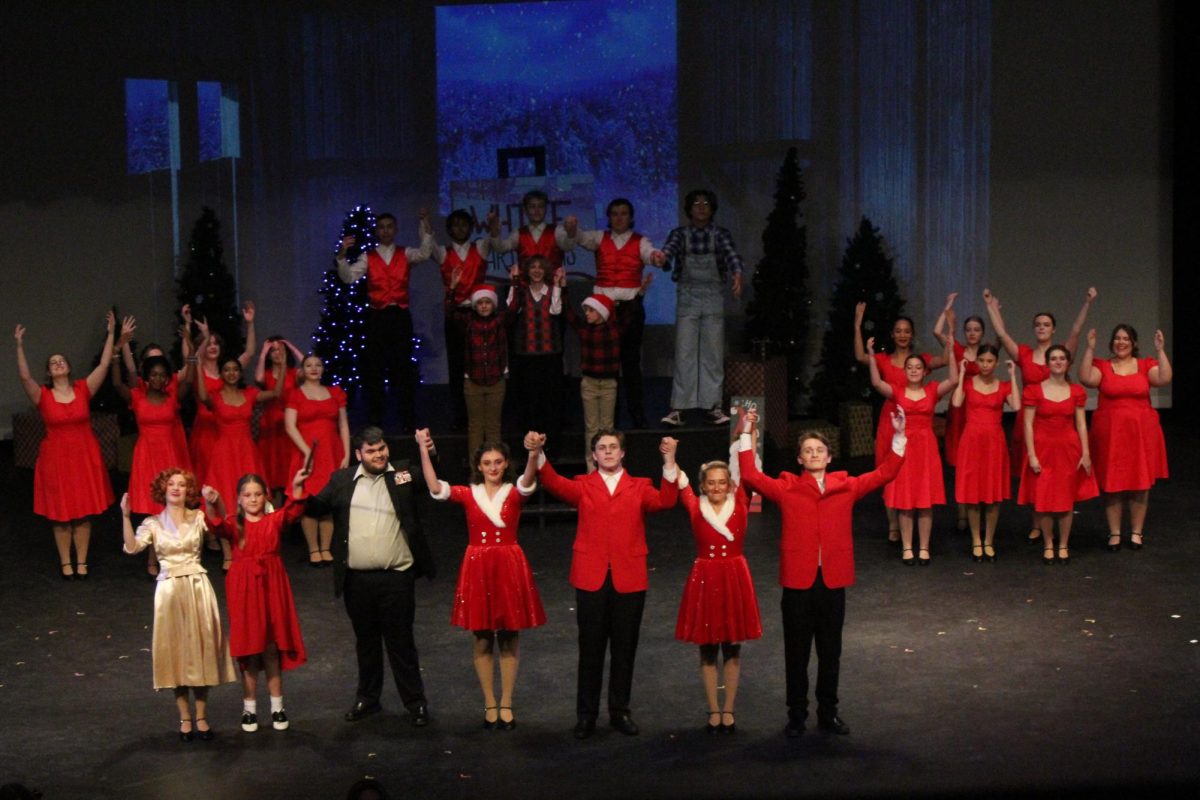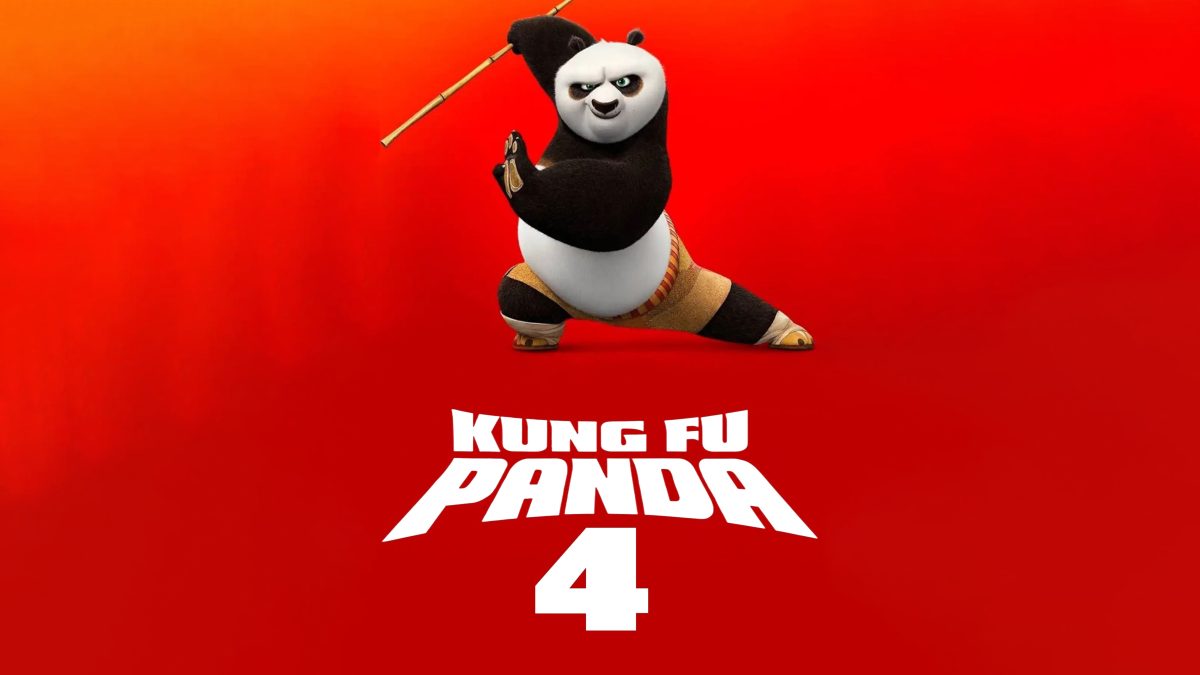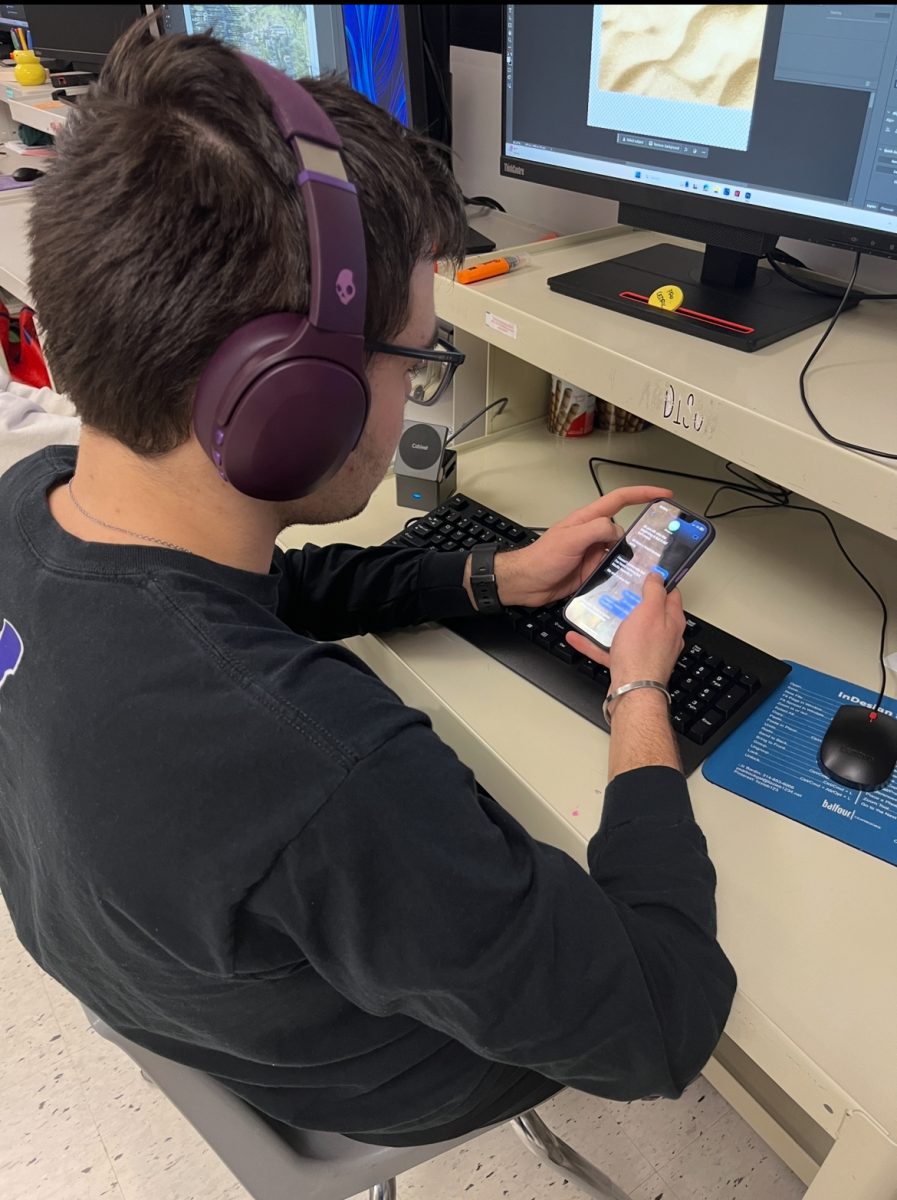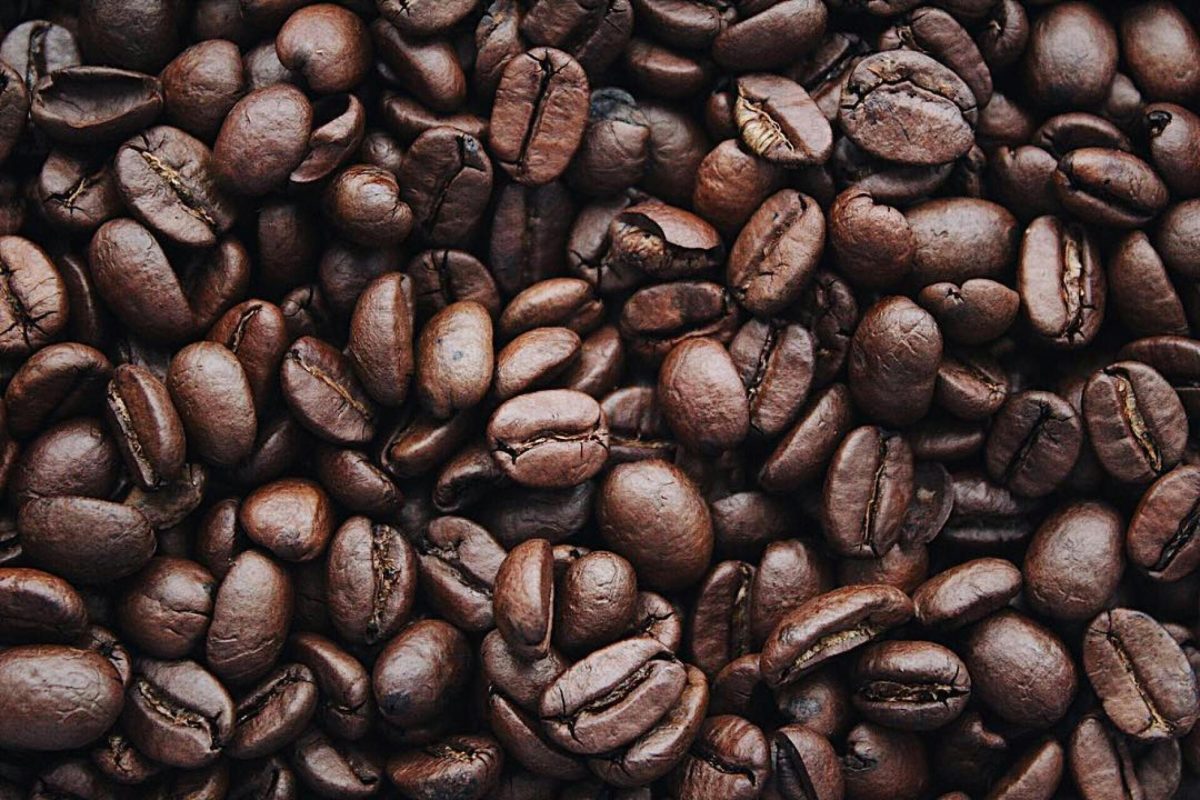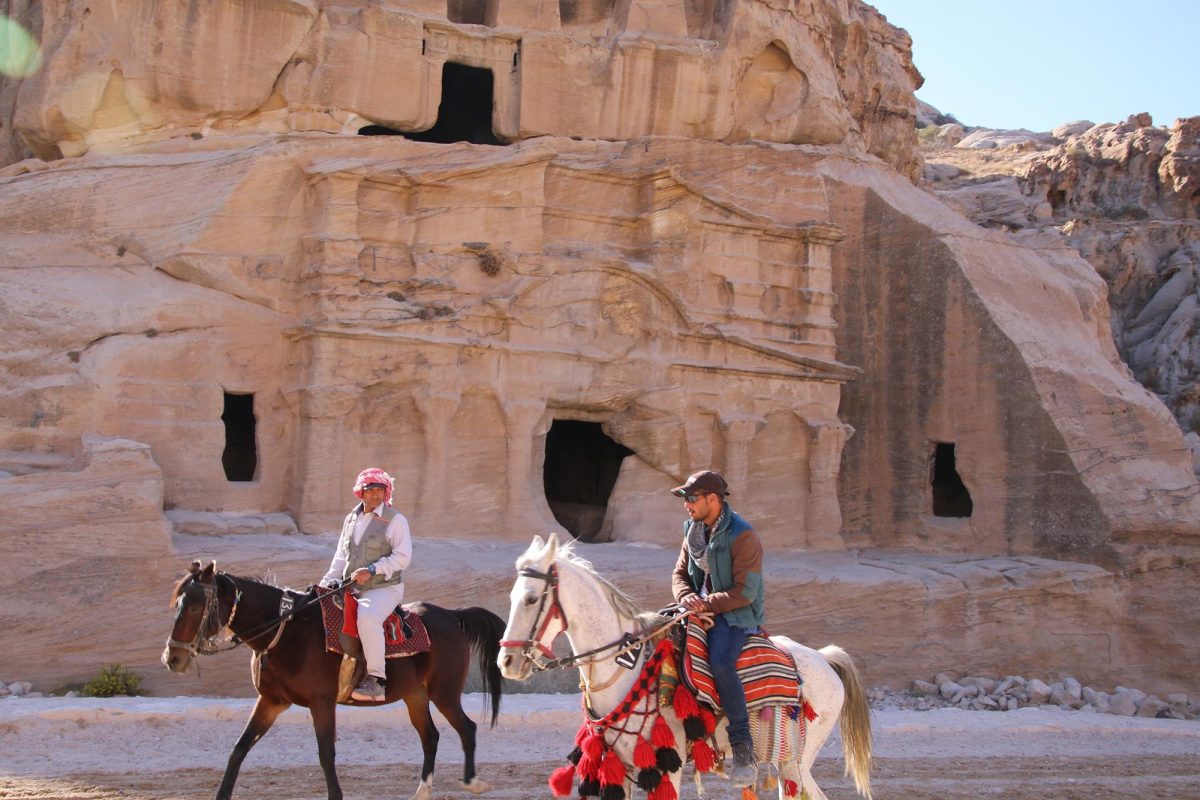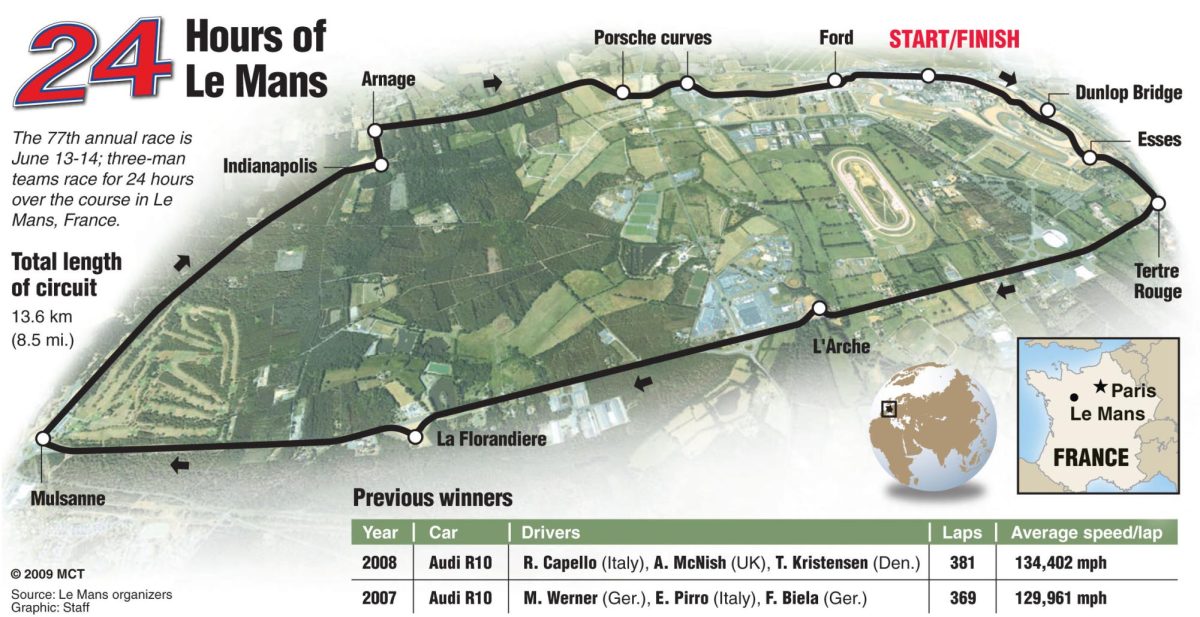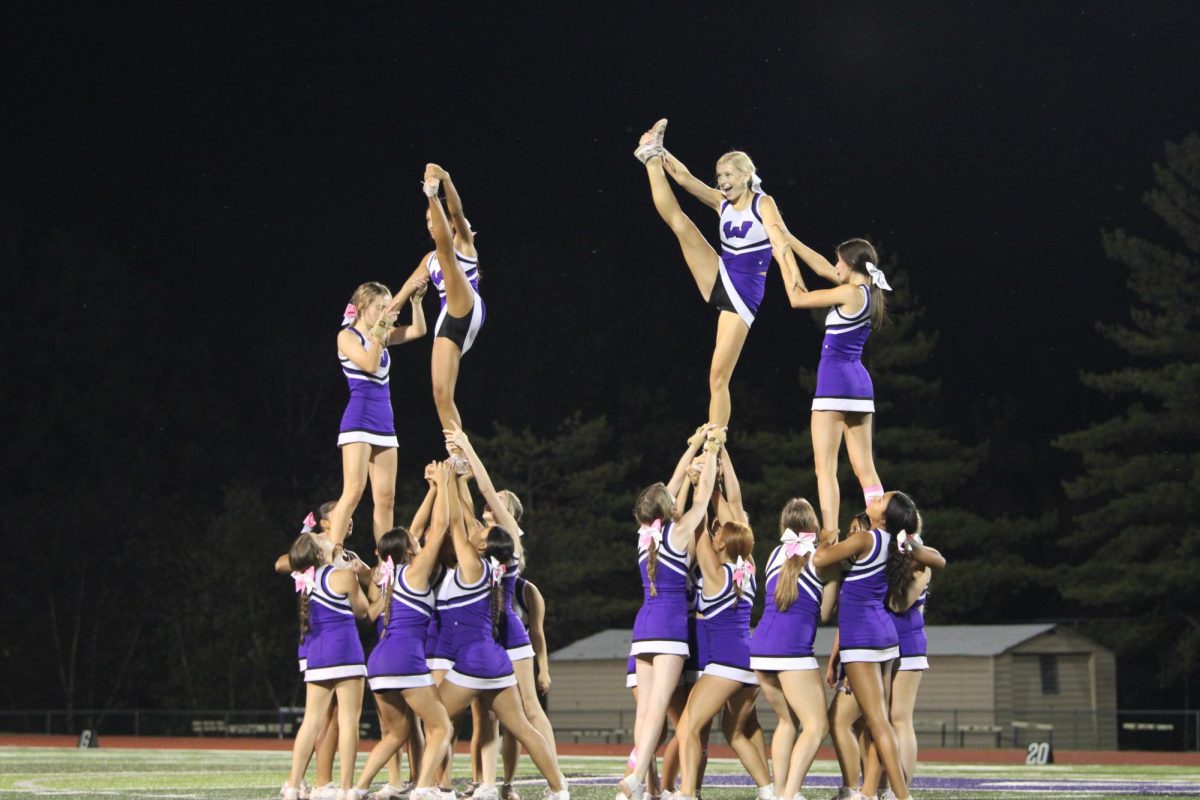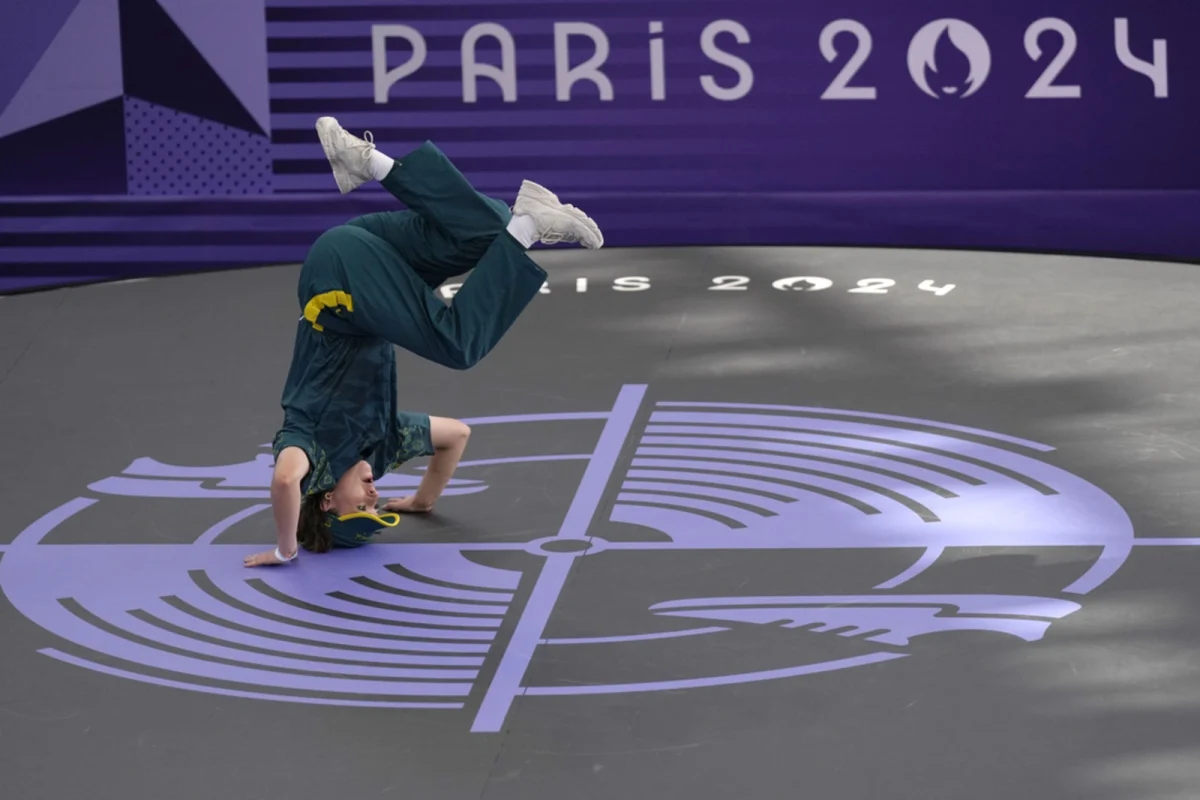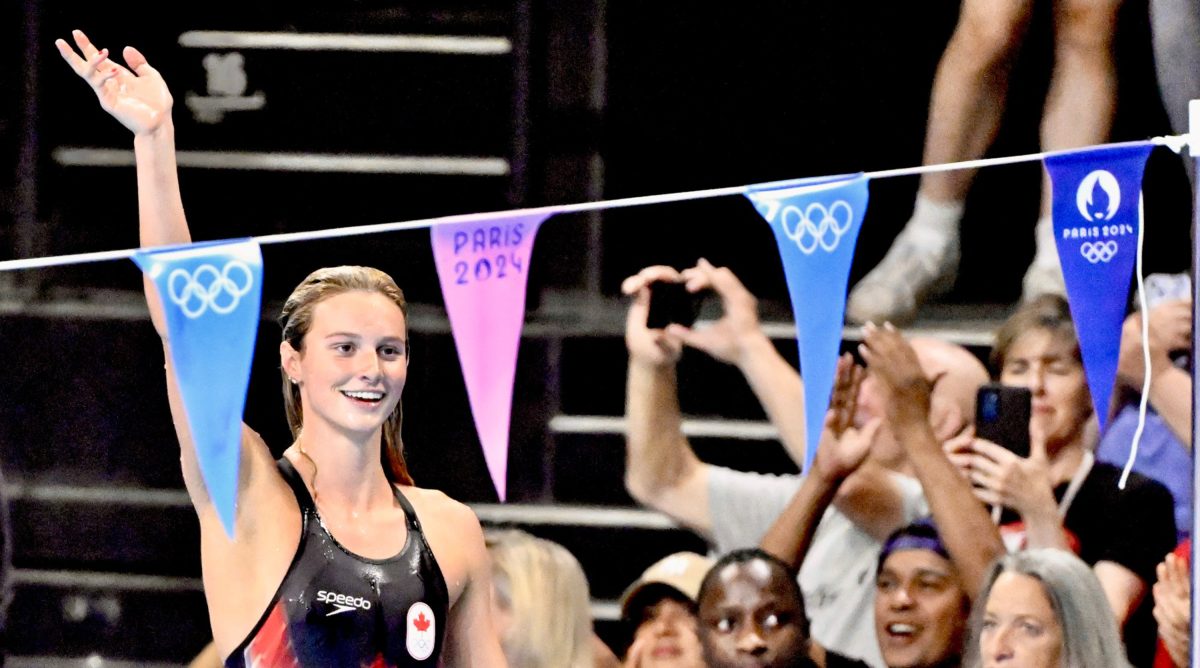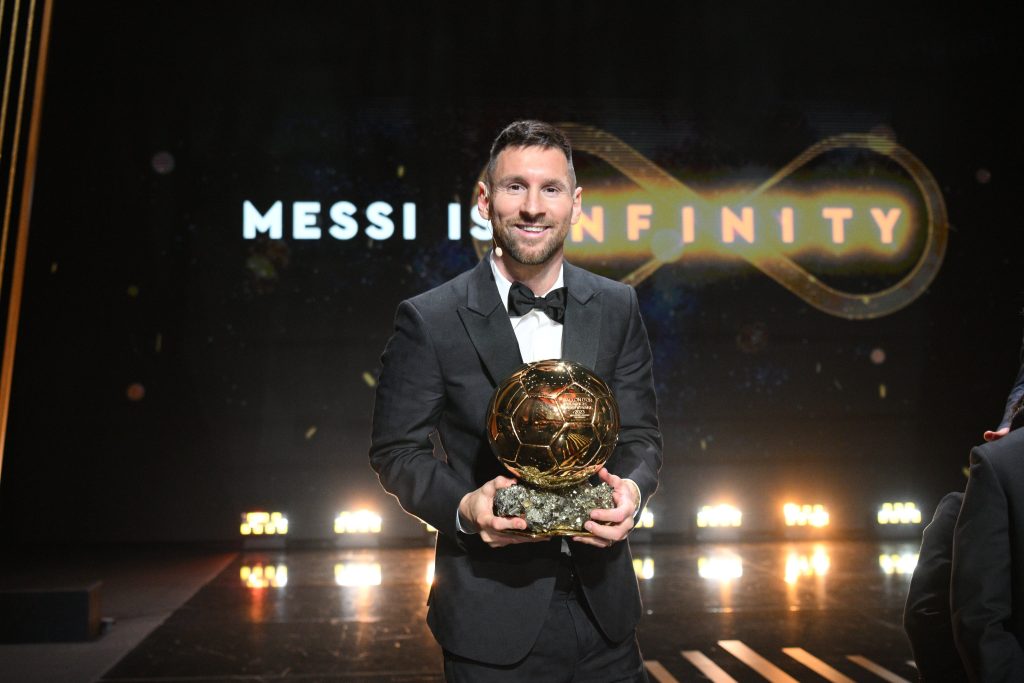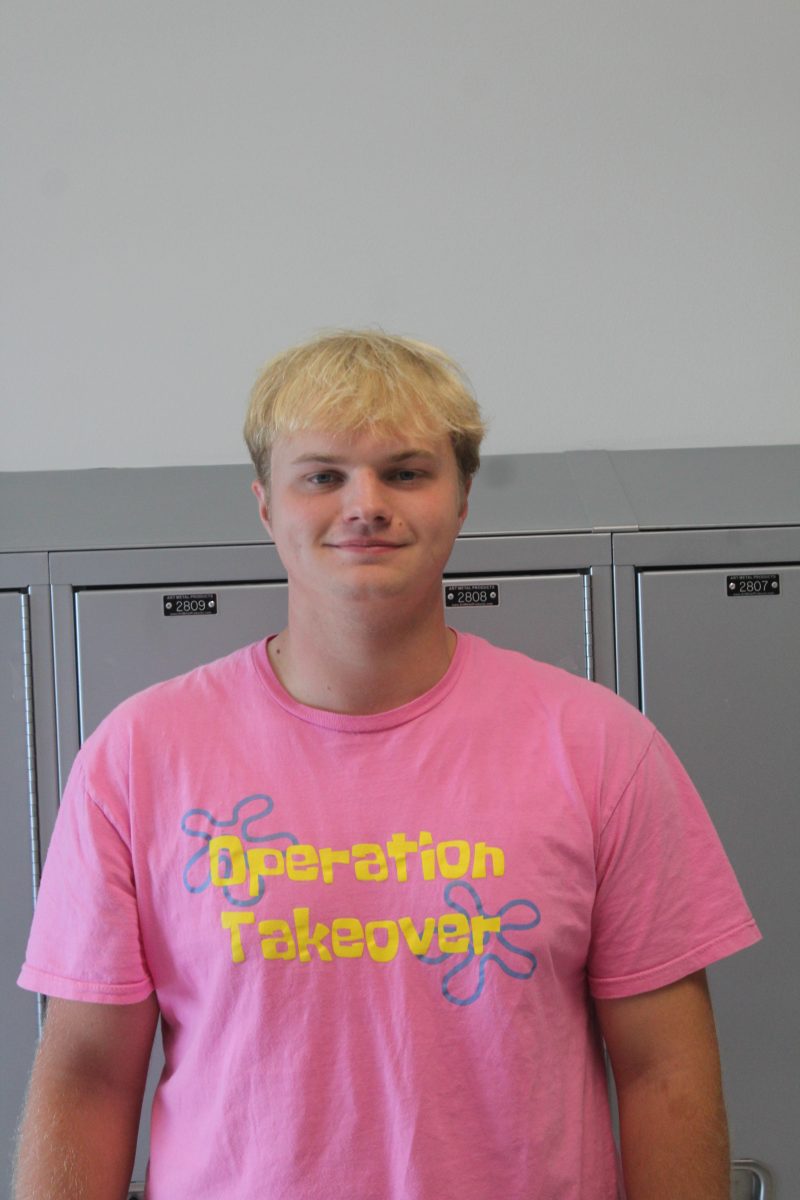In the illustrious history of soccer, there are milestones that transcend the realm of sports and become cultural touchstones. Lionel Messi securing his eighth Ballon d’Or stands as one of said cultural touchstones—a testament to human achievement, perseverance and undeniable talent. The Ballon d’Or is a golden, 18-carat, soccer ball that weighs 26 pounds. Essentially, it is an annual MVP award for every soccer player on the planet. As the world is in awe after the presentation of this prestigious award, it is important to reflect on the significance of this feat and the impact it has on soccer and its billions of admirers, according to theatheltic.com.
Born on June 24, 1987, in the soccer-crazed city of Rosario, Argentina, Messi’s journey from a young boy with dreams to a global soccer icon is nothing short of extraordinary. Messi made his professional debut at the age of 16 in 2003 for FC Barcelona (Football Club Barcelona). He scored his first goal two years later in 2005, assisted by soccer legend Ronaldinho de Assis Moreira. From that day forward, many soccer fans all over the world knew there was something special within the “little boy from Rosario.” Winning his first Ballon d’Or in 2009 for leading Barcelona’s forward line to their continental-treble-winning season, and breaking LaLiga’s 30-goal barrier for the first time of many, according to goal.com.
“I think [winning trophies] ultimately is what they’re judged by,” varsity soccer coach Bradley Fischer said. “Great players who play for teams are forgotten. When you have a great player and you’re winning trophies and winning the World Cup, that puts you in the forefront and obviously, historically speaking, how his greatness will be measured.”
Messi earned his second Ballon d’Or in 2010 for scoring 47 goals in a single season, breaking the record for the second time. The following year he earned his third straight Golden Ball for setting an ever-standing record of 53 goals in the LaLiga season. In 2012, Messi won a first-ever fourth for scoring 91 goals in a calendar year. He won his fifth in 2015 by leading Barcelona to another continental treble and scoring 53 goals in all competitions and another Golden Ball in 2019 for winning the first ever FIFA “The Best” award and his sixth European Golden Boot. He would win his seventh in 2021 for winning Ligue Un with Paris Saint-Germain (PSG), and leading Argentina to the Copa America where they beat the best team in the world at the time, Brazil. Finally, his eighth Ballon d’Or was awarded on Oct. 30, 2023, for leading Argentina to winning the Finalissima against European champions, Italy, leading Argentina to a historic third World Cup victory having the highest goal and assist ratio in the world of 62, according to eurosport.com.
Athletes like Messi can stand out from the rest of the team to separate the difference in their abilities from one another.
“Sometimes it is showing up at the biggest matches that separates player A from player B,” Fort Zumwalt East varsity soccer coach Bryan Hruby said. “All these players like Kevin De Bruyne or Haaland or Mbappe are going to have the credentials. It’s just, ‘Can you do it on the biggest stage, like the World Cup, the most watched event in the world?’ It’s going to have a heavier weight than doing it on a random Tuesday night.”
The Ballon d’Or, established in 1956 by the French magazine “France Football,” has long been regarded as the pinnacle of individual excellence in soccer. Over the years, it has been a symbol of recognition for the players who have not just dominated the sport but have defined an era. Zinedine Zidane, Michel Platini, Johan Cruyff and more recently, Cristiano Ronaldo, have all etched their names into the annals of soccer history by winning this coveted award. To win it once is impeccable; to win it eight times is unheard of, according to eurosport.com.
“Longevity matters. If it didn’t, we’d have different views on the greatest player of all time in any sport,” Hruby said. “Tom Brady’s the greatest quarterback, but he was playing until he was 45 years old. So longevity matters. Anyone can have an apex of a game, like when Lewandowski scored five goals in nine minutes one time, so if you’re looking at the best 10 minute performance ever, you’re looking at that one. If you’re looking at the best career ever, you’re not looking at one thing in particular. It changes everything.”
While individual awards highlight a player’s prowess, Messi’s brilliance goes beyond personal accolades. His ability to elevate the game of those around him and turn teammates into world-class performers is a hallmark of his greatness. Whether it was Andres Iniesta and Xavi Hernandez at Barcelona or his current colleagues at Inter Miami, Messi has an innate ability to enhance the collective performance of his team. His vision, precision passing and goal-scoring prowess create an environment where everyone thrives. In an era where soccer is increasingly seen as a team sport, Messi’s impact underscores the importance of collective brilliance, according to foxsports.com.
“Defenders gravitate towards him and open up space for other players,” Hruby said. “Other players want to perform better because they’re playing with the best player ever. They’re playing with an icon. So, you can lead by being vocal, or you can lead by example. It’s pretty obvious that Messi is more of a lead by example guy; he’s not known for being overly mouthy, he is not known for being loud. He just kind of shows up, does his job, and if you’re that good people are going to radiate towards you.”
Messi’s eighth Ballon d’Or win is not just a celebration in Argentina or Barcelona; it resonates globally. Soccer has the power to unite people across continents, cultures and languages. Messi’s journey, marked by perseverance and passion, is a story that resonates with millions. His on-field wizardry, humility off the pitch and ability to claim a starting position in the world’s greatest team at the age of 22 have earned him fans from every corner of the globe, making him the most popular person in the world alongside Cristiano Ronaldo. As he lifts his eighth Ballon d’Or, it is not just a personal victory; it is a moment of collective celebration for soccer enthusiasts worldwide, according to skysports.com.
“I think, at that level, he’s an international phenomenon,” Fischer said. “In our country, we don’t necessarily understand that soccer is life in the rest of the world. I think we’re slowly heading that way, but we’ve got a long way to go before we get to where the rest of the world is. When you’re talking about the best player, everybody internationally knows the name. Every kid in the world has a Messi jersey. I personally don’t think there is a debate between him and Cristiano Ronaldo. Ronaldo is probably one of the greatest goal scorers of all time, but Messi is the greatest player.”
Messi’s eighth Ballon d’Or is more than an award for many fans; it is a symbol of human excellence, a beacon lighting a way for future generations and a testament to the boundless possibilities that the world of sports, as a whole, offers to those who dare to dream.
“He’s that guy every kid wants to be like,” Fischer said. “You get these young kids at ten years old, and they’re just doing stuff on their own, trying to emulate everything he does. So, he’s like the blueprint of what every player wants to be.”

